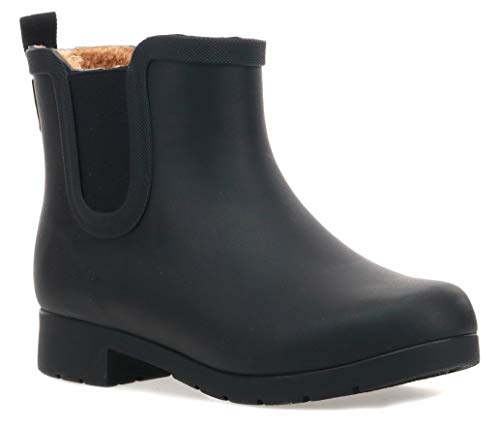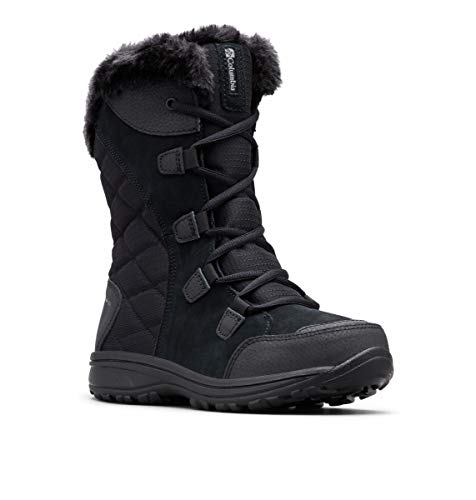| Manufacturer: | Edmonds Aerospace |
| Skill Level: | 1 |
| Style: | Glider |
![[Rocket Pic]](/images/archive/images2/rp_ea_ecee.jpg) After my good experience with Edmonds Deltie, I decided to try this model from Rob
Edmonds. I ordered it from Apogee
Components (along with a second Deltie, a plan set for a Nike Hercules and
a couple of his technical reports) and it arrived within 4-5 days. This kit
builds to a nice mini-motor (13mm) rocket glider - i.e. no parts are dropped at
ejection. During boost, the movable portion of the canard is free to move.
Actually, with the positioner placed under the movable portion the canard tends
to have a negative incidence. The ejection charge pushes forward a body tube
plug that forces the canard to positive incidences. All the balsa parts for
this kit are laser-cut, except for the nose and the BT plug. Like a Deltie,
this results in a self-jigging kit that is extremely easy to build. The only
nit I have to pick is that Rob does not include an engine hook or an engine
block in the kit. The engine is to be held in place with masking tape. I added
an engine block to positively position the motor during boost, and I'll hope
the tape will hold the motor casing at ejection.
After my good experience with Edmonds Deltie, I decided to try this model from Rob
Edmonds. I ordered it from Apogee
Components (along with a second Deltie, a plan set for a Nike Hercules and
a couple of his technical reports) and it arrived within 4-5 days. This kit
builds to a nice mini-motor (13mm) rocket glider - i.e. no parts are dropped at
ejection. During boost, the movable portion of the canard is free to move.
Actually, with the positioner placed under the movable portion the canard tends
to have a negative incidence. The ejection charge pushes forward a body tube
plug that forces the canard to positive incidences. All the balsa parts for
this kit are laser-cut, except for the nose and the BT plug. Like a Deltie,
this results in a self-jigging kit that is extremely easy to build. The only
nit I have to pick is that Rob does not include an engine hook or an engine
block in the kit. The engine is to be held in place with masking tape. I added
an engine block to positively position the motor during boost, and I'll hope
the tape will hold the motor casing at ejection.
Other Reviews
- Edmonds Aerospace Ecee By Hank Helmen
Brief: The Edmonds Ecee is a balsa single stage 1/2A sized rocket boosted canard glider that uses variable geometry during recovery glide. Construction: A plastic bag contains all laser cut balsa wood. The particular kit built for review had very lightweight wood. Perhaps too light. More on that later. Included in the kit are nicely laser cut parts, two sheets printed front ...
- Edmonds Aerospace Ecee By Alan Rognlie
- by Moira Jean Whitlock Brief description: This is an all balsa wood glider that flies up like a rocket and is recovered when it glides down like an airplane. Pros and cons of construction: The parts are all there, secure within a plastic bag, Nothing was broken or defective. The fuselage of the model is panels of die cut plywood, as are the wings and canard. The motor tube is spiral ...
 |
 |
Flights
 |
 |
G.A.D. (June 25, 2002)
J.R.R. (September 23, 2002)
D.B. (February 18, 2007)
Sponsored Ads
 |
 |












K.W. (September 1, 1999)